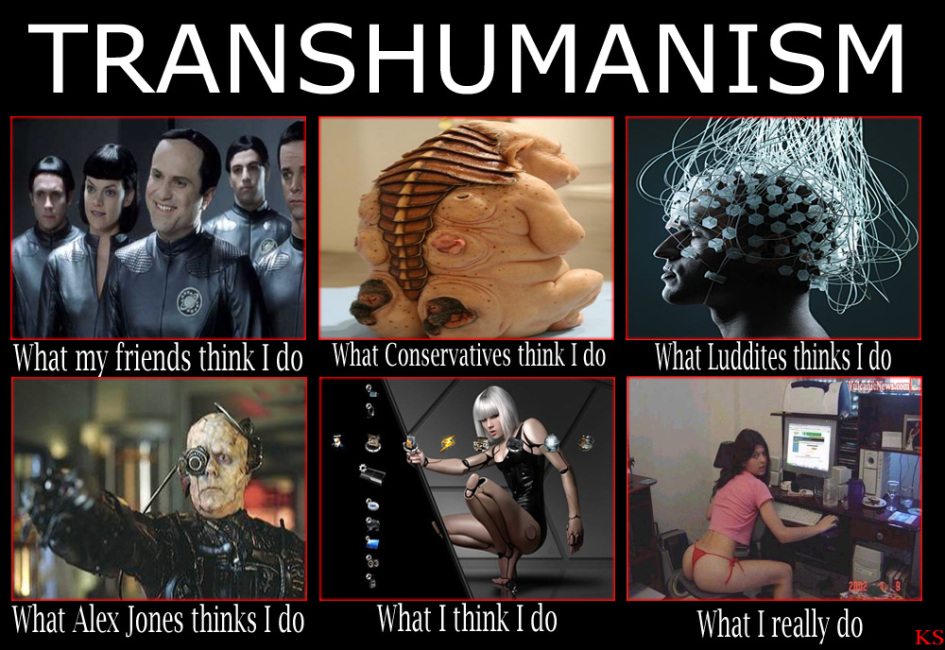Since the movement has gained global attention from people like Ray Kurtzweil and Zoltan Istvan, transhumanism has been looked at with caution and fear. Even to the extreme of being called “one of the world’s most dangerous ideas” by Francis Fukuyama, people see transhumanists as crazy scientists who want to become immortal gods. Is this true? Do these “transhumanists” want to become gods? Well, I can’t say this is true or false. Granted, some do want these ideas to become possible but not all. Many transhumanists simply want to improve the human condition through the best tools we have at our disposal.
One of the most criticized transhumanist technologies is artificial general intelligence, or AGI. Yes, there are people that think this can cause people to become godlike through a series of exponential technological developments. But let’s face it; the chances of this happening are based on opinion and only lead to a battle of egos. The truth to having an AGI is that it will be contained by the government, universities, research institutions, or all of the above. That is great and all, but what about the off-chance that the AGI will become self-aware and want to take over humanity? This is science fiction and speculative. There is the off-chance the AGI will want to eliminate the inefficiencies of a working system (human factors), but I am sure there are people that will develop safeguards to keep these kind of things from occurring. After all, that’s what we pay scientists for.
Another criticized aspect of transhumanism is life extension and immortalism. Simply stated, life extension is just the next step of healthy living. Most life extension practices are dieting, exercise, usage of supplements, and frequent blood testing for abnormalities. These practices are all geared towards living for as long as possible, all of which are made possible by stores like GNC and The Vitamin Shoppe. This is great and all, but what about immortalism? Well, this is also another one of those things that pop up in transhumanist conversations from a philosophical and practical setting. I mean, you can replace diseased organs with bioprinted copies and live a healthy lifestyle but that won’t make you immortal. Some concepts, like mind uploading and cryonics, come into play here. Once again, some do think this is possible while others just want to decide when they want to die and when not to. After all, is it so wrong to give people the right to choose how long they want to live?
It is fair to say that the most extreme of these ideas are only held by a specific few as life goals. Not every transhumanist wants to become an immortal, but some do. Every group has their share of strange people and this one is no different. Granted they have some radical ideas, but their presence does bring a positive impact. The most radical people tend to be the ones who want to bring the most change from their own hands. Their work towards any radical goal they have will cause byproducts to develop, which tend to be for the better. The best example is with Ray Kurtzweil. Even though his books tend to be the topic of fringe science, he has contributed to the world by developing text-to-speech synthesis technology. His work has allowed for the creation of Siri and Cortana. Because of him, your words have a voice.
Even though transhumanism is filled with ideas that range from possible to radical, the movement has much to give to the world. The transhumanist only wants to see the best of humanity flourish and fulfill the unspoken potential within us all. Granted, there are many crazies within the movement but they are what make the whole community quirky and interesting. There is not a single time I am ever bored in a transhumanist conversation and I am always at the edge of my seat. With so much good to give, is transhumanism as dangerous as they it is or is the movement just misunderstood?
* hero image used was created by Khannea Suntzu

Leave a Reply